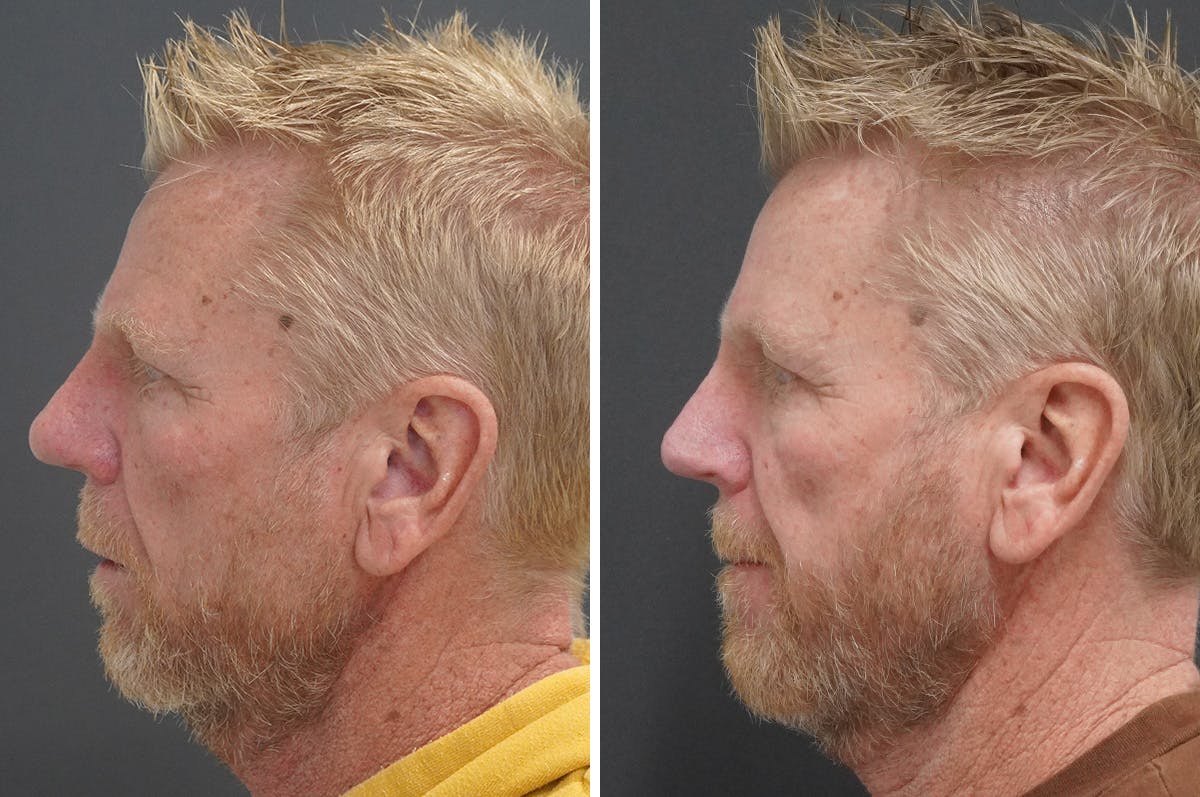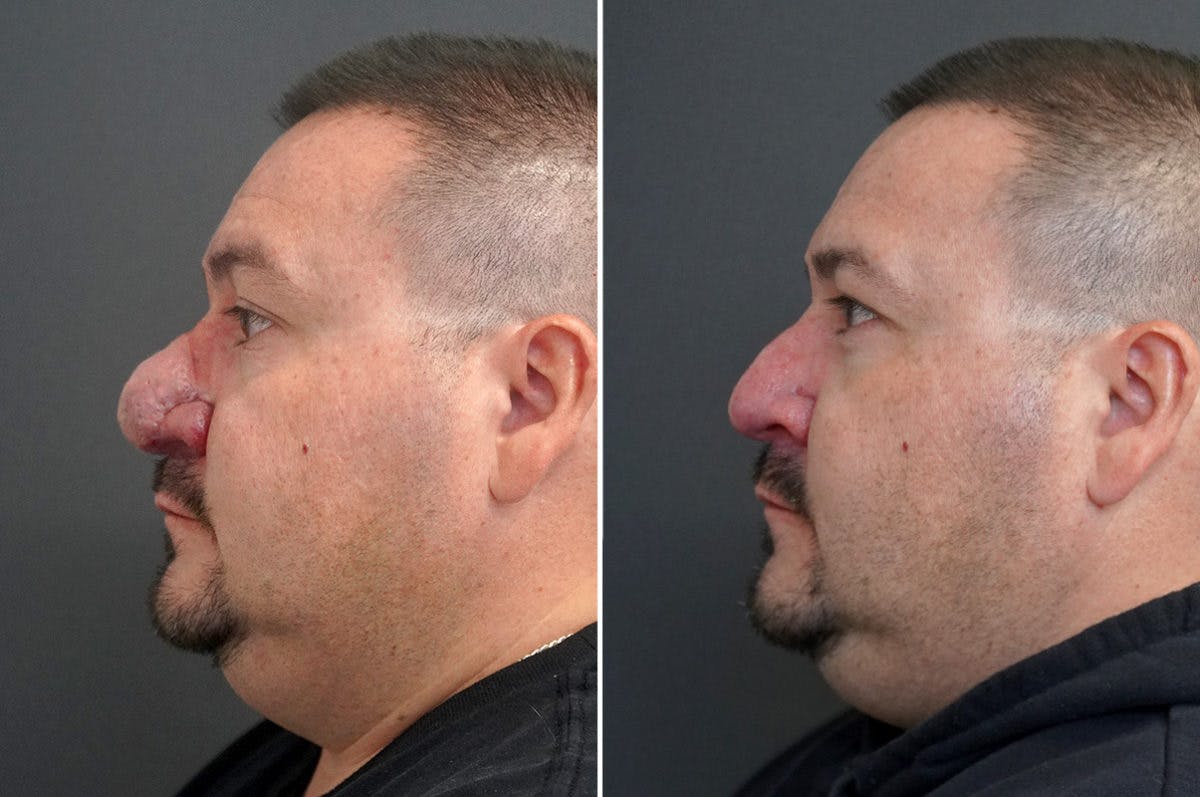Rhinophyma is a skin condition that changes the appearance of the nose, such as thickened skin that causes a bulbous nose. Fortunately, there are now ways to treat this often frustrating condition.
If you’ve longed to address your rhinophyma, help is available.








